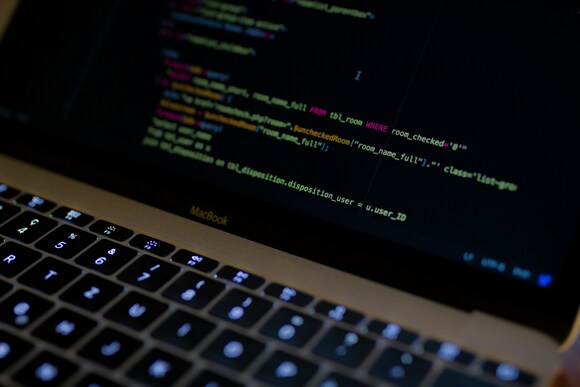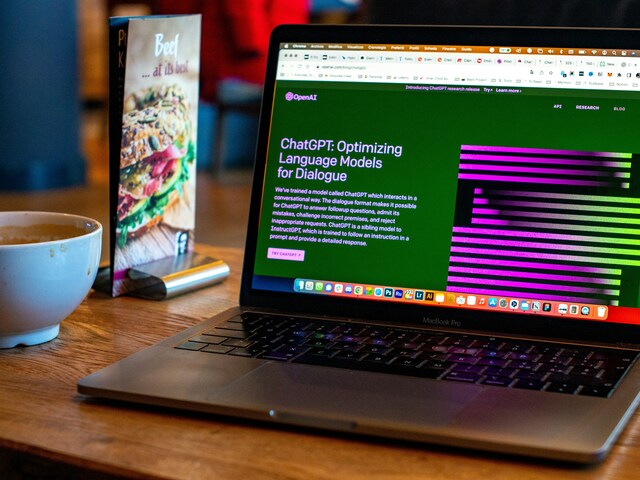
Welcome to the future of legal education! Imagine a classroom where students interact with an AI-powered chatbot, discussing complex legal concepts and analyzing case studies in real-time. ChatGPT is revolutionizing the way law students learn, offering a dynamic and engaging tool that enhances critical thinking skills and fosters deep understanding. Join us as we explore how ChatGPT is reshaping the landscape of legal education, paving the way for a new era of interactive learning experiences.
The Benefits of Using ChatGPT in Legal Education
ChatGPT offers a plethora of benefits for legal education. It provides students with instant access to vast amounts of information, helping them deepen their understanding of complex legal concepts. By engaging with ChatGPT, students can practice drafting legal documents and conducting research efficiently. This tool also fosters collaborative learning by allowing students to engage in simulated legal discussions.
ChatGPT can assist in developing practical skills such as legal writing and analysis. It enables students to receive personalized feedback on their work, enhancing their critical thinking abilities. Additionally, ChatGPT promotes creativity and innovation in problem-solving within the realm of law.
Using this AI-powered tool not only enhances the educational experience but also prepares future lawyers for the demands of a rapidly evolving legal landscape.
Real-life Examples of Incorporating ChatGPT in The Classroom
Imagine a law professor using ChatGPT to simulate real legal scenarios for students. Instead of traditional case studies, they interact with an AI-powered chatbot that responds based on the facts presented. Students engage in dynamic conversations, honing their analytical skills as they navigate complex legal issues.
In another scenario, students collaborate on drafting legal documents with ChatGPT’s assistance. From contracts to briefs, the AI provides instant feedback and suggestions, guiding learners in crafting precise and compelling arguments.
During class discussions, ChatGPT can serve as a virtual research assistant. Students pose questions about specific laws or precedents, receiving immediate responses that deepen their understanding of key concepts.
By incorporating ChatGPT into the classroom experience, educators are revolutionizing how law students learn and apply legal principles in practical settings. The possibilities for enhancing engagement and fostering critical thinking skills are endless!
Potential Challenges and How to Overcome Them
When incorporating ChatGPT in legal education, there are some potential challenges that instructors may face. One challenge is ensuring the accuracy and reliability of the information generated by the AI model. To overcome this, it’s essential to provide students with guidance on how to critically evaluate and verify the responses provided by ChatGPT.
Another challenge could be maintaining student engagement during AI-led discussions. To address this, educators can incorporate interactive activities that encourage active participation and collaboration among students. Additionally, setting clear learning objectives for each session involving ChatGPT can help keep students focused and motivated.
Some students may also feel intimidated or overwhelmed by the technology, especially if they are not familiar with using AI tools in their studies. Providing adequate training and support resources can help alleviate these concerns and build confidence among learners as they interact with ChatGPT in the classroom.
How ChatGPT Can Enhance Critical Thinking and Problem-solving Skills for Law Students
ChatGPT offers law students a dynamic platform to engage in critical thinking and hone their problem-solving skills. By interacting with the AI-powered tool, students can delve into complex legal scenarios, analyze various perspectives, and formulate well-reasoned arguments. This interactive process challenges them to think critically about different aspects of law, encouraging deep exploration and understanding.
Through engaging with ChatGPT’s responses, students are prompted to consider diverse viewpoints and potential outcomes. They must navigate through legal principles and apply them in real-time situations presented by the tool. This hands-on approach fosters analytical thinking and sharpens their ability to assess information systematically.
ChatGPT encourages students to articulate their thoughts clearly and concisely when seeking answers or solutions. This practice strengthens their communication skills – a vital aspect of being a successful legal professional. As students continue to interact with ChatGPT, they develop a robust foundation for tackling complex legal issues effectively.
The Future of ChatGPT in Legal Education and Its Impact on The Legal Profession
As ChatGPT continues to evolve and show its potential in legal education, it is clear that this AI tool has the power to revolutionize how law students learn and engage with course material. By enhancing critical thinking, problem-solving skills, and providing a platform for interactive learning, ChatGPT can bridge the gap between theoretical knowledge and practical application in the field of law.
The future of ChatGPT in legal education holds promising opportunities for both educators and students. As technology advances and AI becomes more integrated into various industries, embracing tools like ChatGPT can help shape a new generation of legal professionals who are well-equipped to navigate complex legal issues with confidence.
With proper guidance on ethical considerations when using AI in legal practice, ChatGPT has the potential to not only enhance educational experiences but also transform the way legal professionals approach research, analysis, and decision-making processes. As we look ahead to what lies beyond traditional teaching methods, incorporating innovative technologies like ChatGPT paves the way for a brighter future in legal education and ultimately influences the evolution of the legal profession as a whole.

